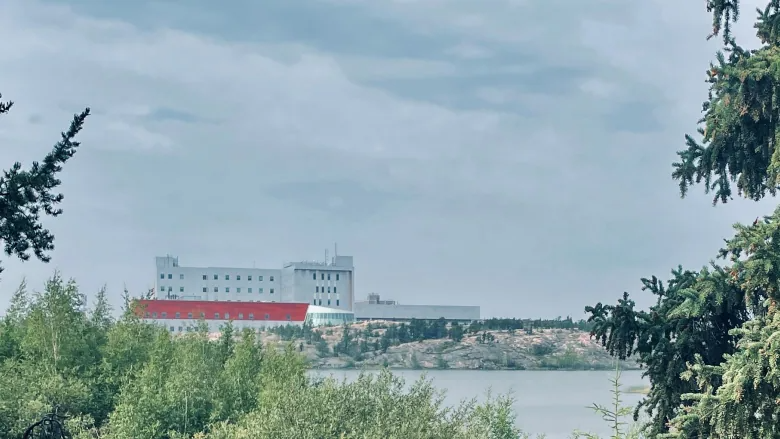Health worker shortage in Canada’s Northwest Territories comes despite 20% increase in pay

An upcoming increase in doctors taking parental leave could cause delays in getting appointments
A shortage of health-care workers in the Northwest Territories that has forced a cutback in intensive care beds is coming despite a temporary 20 per cent increase in pay, offered by the government to out-of-town doctors in an effort to minimize shortages.
The increase was offered through July and August, a time when the N.W.T. typically faces a shortage of health workers.
The salaries the government was paying this summer offer a glimpse into just how lucrative health care has become for skilled professionals such as physicians as different jurisdictions compete for an inadequate supply of workers.
In July and August the government was paying out-of-town family doctors and some hard-to-get specialists between $7,045 and $9,790 per week to backfill in the N.W.T., depending on the specialty and region they were working in.
Resident family doctors get paid a base salary between $213,748 and $340,368 annually, plus up to another $100,000 in recruitment and retention bonuses, plus other benefits.
Despite the pay increases, the government announced this week it is halving the number of intensive care unit beds at Stanton Territorial Hospital from four to two. Anyone over and above two people requiring intensive care will be medevaced to Edmonton.
Health Minister Julie Green said five replacements have already been found for five physicians who have left or are leaving the territory between the beginning of August and January. But a coming spike in the number of resident doctors going on parental leave may cause delays for people seeking appointments with family doctors.
“Potentially they will have to wait longer,” said Green. “It depends how well we do in recruiting the physicians to take over the parental leave opportunities.”
She said 10 doctors are going on parental leave between now and the end of April.
Reduce no-shows to limit wait times
One easy way to reduce wait times for appointments is for people in Yellowknife, Green said, to show up for the appointments they’ve booked.
The minister said that every month there are an average of about 200 no-shows at each of the two health clinics in the capital. According to numbers supplied by the health department, between April and the end of July this year, people failed to show up for 1,725 appointments.
The N.W.T.’s chief public health officer, Dr. Kami Kandola, has said she anticipates an increase in the number of COVID-19 cases in the fall as a fourth wave of the disease spreads across the country. Green said if the staffing shortage is not resolved by then, and people infected with COVID-19 require hospital care, some of them may have to also be medevaced to Edmonton.
“If we have a surge before we finish staffing up, then we are going to depend more on medevacs,” said Green. “That’s just the way it’s going to have to go.”
Overworked staff
The Union of Northern Workers, which represents some health workers, said some members are complaining of being overworked and being denied leave requests because of the shortage.
In an email, Todd Parsons, the union president, urged the government and the health authority to work harder to come up with innovative ways to address the shortage, such as hiring more nurses’ aides.
The two clinics began offering same-day appointments on some days, but demand for those far outstrips the number of appointments available. Phone lines are also busy almost as soon as they open and callers are sometimes inexplicably dropped after being kept on hold.
Green said that in October, the phone system at the primary care clinic downtown will be upgraded to prevent calls from being dropped, and to allow for call backs rather than keeping people on hold for extended periods.
Related stories from around the North:
Canada: There’s a risk of people dying’ says Clyde River SAO as nursing shortage in Nunavut, Canada continues, The Canadian Press
Finland: Psychologists in Finland sign climate petition, citing concerns for youth mental health, Yle News
Sweden: 2018 drought took toll on Swedish farmers’ mental and fiscal health, research say, Radio Sweden
Russia: Why high suicide rates in Arctic Russia?, Deutsche Welle’s Iceblogger
United States: Alaska capital budget vetoes to hit homelessness, addiction treatment, Alaska Public Media



